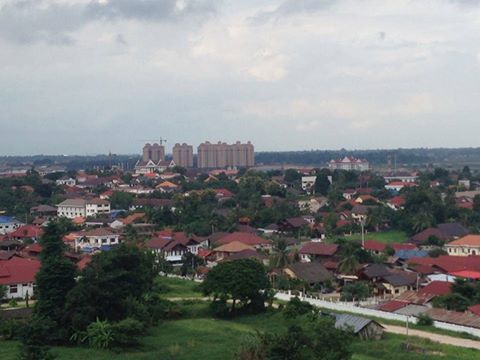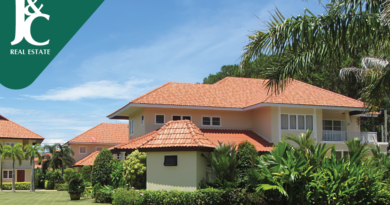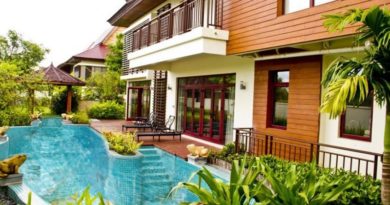Real Estate Continues Onward Expansion In Nation Capital
Source: Vientiane Times
The entry of foreign investors to Laos has resulted in a boom in real estate business in the Asian nation, notably in the capital Vientiane.
The Managing Director of Rent and Buy Company, Mr Houmphan Sayalath, told Vientiane Times on Monday the demand for apartments and houses to rent is growing at a time when many new buildings have been constructed to satisfy rising demand.
Since Laos launched more direct flights to foreign countries, including China, the Republic of Korea and other Asean nations, more entrepreneurs have come to explore business opportunities in the country and many of them prefer to stay in apartments, he said.
Some owners offer hotel and apartment services in the same building as a way to sustain their business and recoup their investment.
Hotels with rooms going for US$50 a day are popular with customers. The small and medium-sized hotels and apartments are mostly owned by Lao people, who sometimes spend their own saving on such enterprises.
Mr Houmphan said some owners take loans from commercial banks, which are quite accessible since the government has a policy to promote SME businesses.
The main challenge is that many Lao entrepreneurs like to follow the success of other people’s businesses, and if too many people enter the real estate sector, it could lead to the risk of developing into a bubble economy.
High-rise buildings have been constructed in different parts of the capital since Laos joined the Asean economic integration initiative in 2015, attracting more businesspeople to invest in the country. Over the past 10 years, more money has been pumped into the real estate business. Nevertheless, some real estate develop ers, notably those involved in mega projects, are struggling to find customers .
According to economists, one of the problems is that banks in Laos do not dare to offer long-term loans. Most of the funding to support the real estate sector is sourced from overseas, they say. Another challenge for Laos is that the land-locked country still lacks a law to regulate the real estate business, which makes some foreign entrepreneurs reluctant to invest in the sector.
Mr Houmphan said the business sector has suggested to the Lao National Chamber of Commerce and Industry to help push for the enactment of a law to facilitate the growth of real estate and thereby contribute to the development of this sector.
Over the past five years, despite the global economic recession, the Lao economy grew at the rate of 7.9 percent and the number of poor families declined significantly.
Last year, the country’s economic growth touched 7.02 percent, amounting to 129,279 billion kip (US$15.6 billion) with gross domestic product (GDP) per capita reaching US$2,408 among its population of 6.5 million. The numbers of poor families nationwide declined from 6.59 percent in 2015 to 6.3 percent in 2016.




